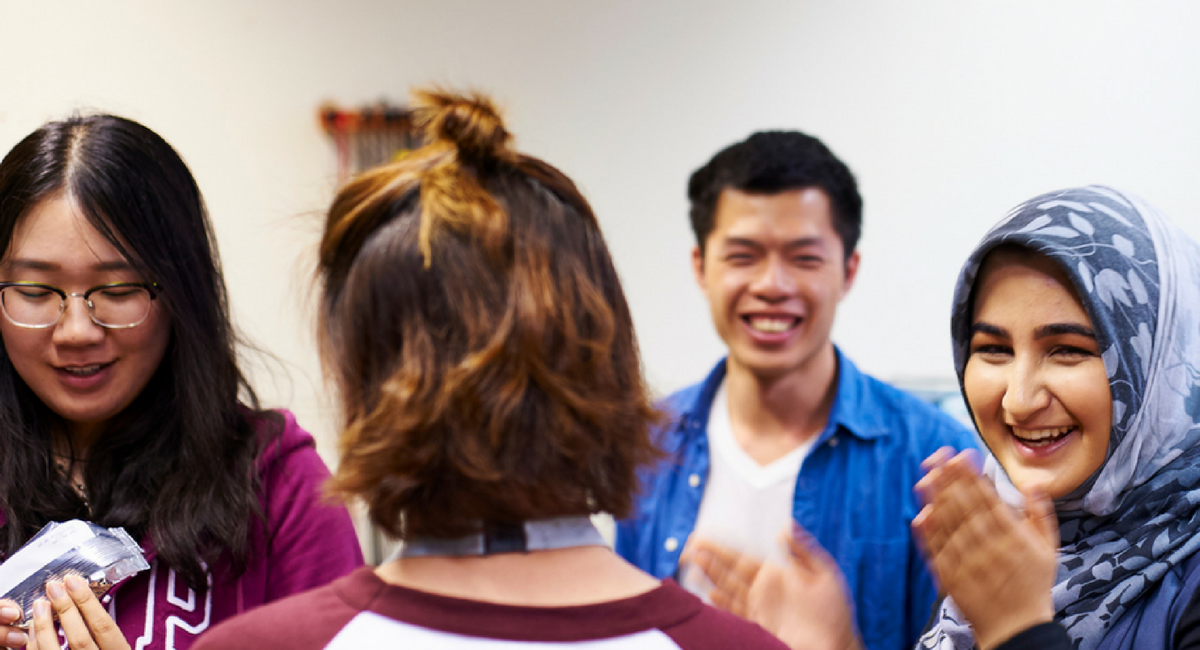
By Jamie Barras
With this year’s UN International Day of Persons with Disabilities (IDPD), almost upon us, this seems a good moment to look back at the “Engineering: Creating Technologies to Help People” module that ran for the first time as part of the 2017 undergraduate summer school. It seems particularly timely as the theme of this year’s IDPD – “Transformation towards sustainable and resilient society for all” – chimes so well with the brief we had for the module project, which was centred on sustainable prosthetics.
Rising to the challenge of working with a diverse cohort
The challenge we faced in coming up with a teaching programme was how little we knew, and could know, about the students who would sign up for the module. Yes, we could expect them to be studying an engineering subject at university, but we could make no assumptions as to where they were in their courses of study, the depth and breadth of their knowledge in any given engineering domain, nor the type of teaching they had experienced in their home countries. This meant that the project brief would have to be quite open.
Serendipitously, an open brief matched up with one of the lessons about creating technologies that help people that we wanted to deliver: don’t start designing until after you’ve asked the people you’re trying to help what they actually need. For our students and their prosthetics projects, that meant only getting down to work once they’d had a chance to sit down and talk (via skype) with a South-Africa-based double amputee.
The idea of asking people what they need can be found both in the principles of humanitarian engineering and in best practice in business. And social entrepreneurship – using business techniques to achieve social good – was one of the secondary themes of the module. An idea we returned to again and again was that there is an overlap between doing good and being a successful entrepreneur – which is not to say you need to be an entrepreneur to do good, but, rather, that there are some shared requirements that are worth keeping in mind:

Just as serendipitously, we found in this list of shared requirements the final key to rising to the challenge of working with a diverse cohort: soliciting feedback.
The central role of soliciting feedback in meeting the needs of the individual
We talked to our students about their individual expectations and goals not just once but several times during the course of the module. These one-to-one chats were our means of defining, monitoring and reviewing individual learning outcomes and associated goals for each student. They also allowed us to identify the more reserved students, who could then be encouraged to take up additional roles in the project that would promote interactions with their team-mates – taking on administrative tasks, for example (organising meetings, checking schedules etc.). A second group of students that we identified in this way were those further along in their studies than the rest of the cohort. These students we encouraged to become mentors to their team-mates for a richer project experience.
And what formal feedback did we receive at module end? That the thing the students liked most about the module was the chance to be part of a team. But I’m sure we wouldn’t have had that feedback if we hadn’t have worked so hard to treat everybody in our teams as individuals.
